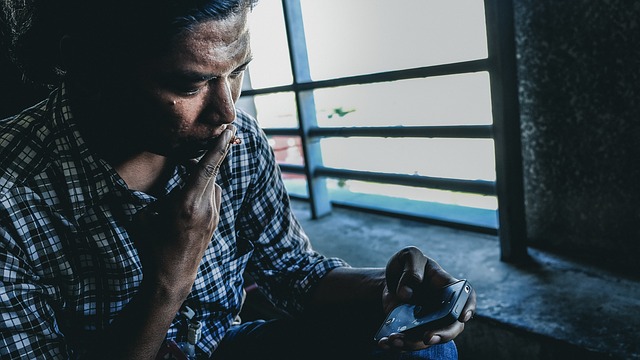Sri Lanka’s Public Health Inspectors Union launched several educational programmes across the country, with the aim of informing locals about the negative effects of smoking, and as a result, shop owners and businessmen in many towns have decided to stop selling cigarettes.
In recent years, the Sri Lankan government has taken several steps with the aim of decreasing smoking rates across the country, such as increasing the tax on tobacco up to 90%, increasing the size of health warnings on cigarette packs, and banning smoking in certain public spaces.
The risk in such a motion
However, many public health experts may argue that adopting such a forbidding stance may prove counterproductive. Sadly, data from around the world has indicated that consumers’ response to unavailable or expensive products tends to be purchasing them on the black market, where they are unregulated and possibly unsafe.
Read Further: adaderana.lk













